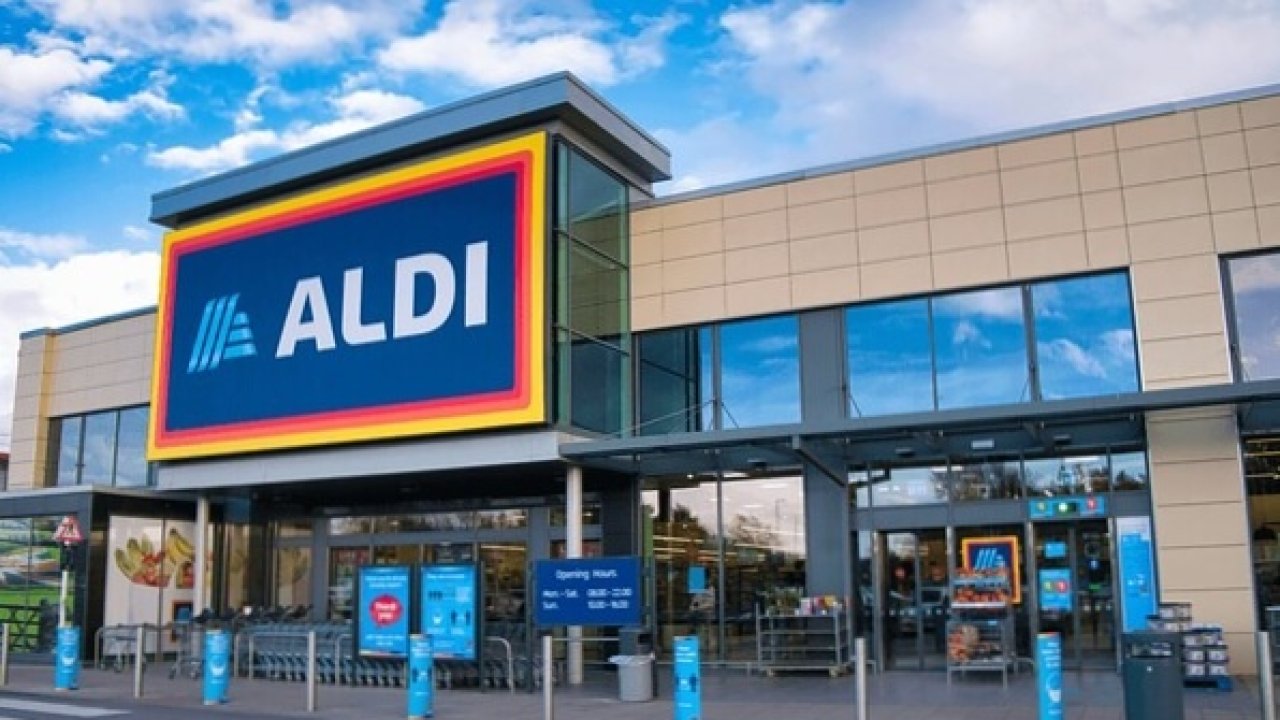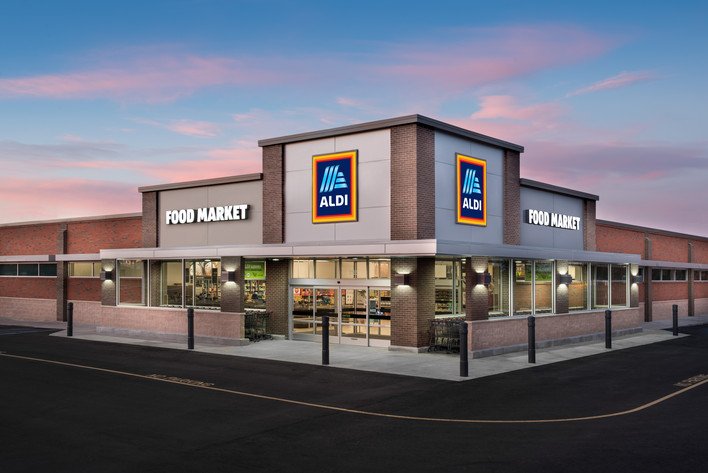How to Invest in Aldi in 2024: Aldi is a small-box discount supermarket and one of the largest retailers in the United States. It began as a small, family-owned food store in Germany at the beginning of the 20th century.
The company became Aldi in 1962 after brothers Karl and Theo Albrecht assumed management from their mother. The brothers initially named the store “Albrecht-Diskont” (“Albrecht Discount” in English), which conveniently translates to “Aldi.”
Here, we’ll discuss what Aldi is, whether it’s publicly traded when Aldi might offer an IPO, if Aldi is profitable, and if investing in Aldi is a good idea. We’ll also take a brief look at Aldi’s closest competitors, as well as the ways you might try to gain indirect exposure to Aldi.
- Aldi is steadily expanding its popular chain of discount supermarkets.
- The company is very profitable.
- While you can’t invest in a privately held company, there are lots of alternatives to investing in Aldi.
Table of Contents
About Aldi
In the following sections, we are going to examine the company’s history and ways you can invest in Aldi.
The Aldi Story: How the Albrecht Brothers Took a small family-owned business and grew it to Multinational Status
Aldi started from humble beginnings as a family-run grocery store in eastern Germany in 1913. The company has remained in the control of the same family since its early days, passing to Karl and Theo Albrecht shortly after World War 2. The company was incorporated under the ALDI branding in 1946 and had soon expanded to 13 separate locations by 1950.
The two brothers were famous for running an efficient operation that aimed to minimize overhead costs. Aldi split in two in the year 1960 over a dispute between the brothers about whether or not to sell cigarettes. This led to the foundation of Aldi as it exists today: operations are split between Aldi Nord and Aldi Sud, two sister companies that frequently collaborate while remaining under the control of the Albrecht family.
Aldi benefited greatly from the collapse of the Soviet Union and the reunification of Germany in 1990. Today, Aldi Nord and Aldi Sud own 12,400 stores across 11 countries, and Aldi Nord also owns the US grocery chain Trader Joe’s after purchasing the company back in 1979. The company has become synonymous with affordable grocery shopping, selling goods at low prices while keeping a relatively small inventory when compared to its competitors.
How to Invest in Aldi in 2024
Is Aldi publicly traded?
No, Aldi was not publicly traded as of late 2023. Aldi is a privately owned multinational corporation, and as such, you cannot buy shares on any public stock exchange.
There are a few reasons why Aldi has not yet gone public. First, the company has been enormously profitable without shareholder money, and offering shares to the public would ultimately mean ceding some level of corporate control to non-family members. Understandably, the family would want to keep their legacy private.
Next, Aldi has the resources to grow and expand without the need for outside money. For example, the company agreed to buy 400 Winn-Dixie and Harvey supermarkets in the Southeast in 2023 to increase its store count. That acquisition is on top of the $2.5 billion it has invested to expand its presence in the Southeast alone in recent years.
It’s important to the company’s founders that incentives remain aligned between the company and its customers — without any outside influence. Conservatively, the company’s stock is estimated to be worth about $50 billion.
Finally, Aldi is known for its low prices on food and other merchandise and its simplified operating system. An initial public offering (IPO) could only serve to complicate its already successful corporate structure. The company operates smaller-than-typical stores and smaller staff pods, which allows Aldi to control its costs better than most rivals.
How to invest in Aldi?
Aldi is not a publicly traded company — Aldi has always been privately held and remains, to this day, under the control of the Albrecht family.
The two Aldi companies, Aldi Nord and Aldi Sud are sister companies that operate as subsidiaries of Aldi Einkauf GmbH & Co. OHG. All three companies in this set-up are privately owned, so investors can’t currently gain any exposure to Aldi.
When will Aldi IPO?
As mentioned, don’t count on an IPO from Aldi any time soon. The company is a privately owned family business, and the current leadership team has not expressed any interest in an IPO — much less one shortly.
However, if Aldi did launch an IPO, it would be greatly anticipated and likely very popular.
Is Aldi profitable?
Yes, Aldi is an immensely profitable company, although its specific financial data is difficult to find compared to most publicly traded companies. Collectively, Aldi’s net global sales were on track to top $150 billion in 2023, according to data from Statista. This revenue number considers Aldi’s subsidiaries, including Aldi USA.
The degree to which Aldi’s profitability has grown is difficult to pinpoint, given its status as a privately owned company. However, it’s reasonable to estimate that both in-store efficiency and broader economic factors (like booming inflation) have led to significant profit growth.
FAQs
Is Aldi on the stock market?
Aldi is not a publicly traded company, so it can’t be found on any stock exchange. Instead, Aldi remains firmly in the control of the Albrecht family via its two subsidiary companies — Aldi Nord and Aldi Sud. The two sister companies are privately held by a single-parent company, which is also privately owned.
Who owns Aldi now?
Aldi Einkauf GmbH & Co. OHG is the parent company for both Aldi Nord and Aldi Sud. It is thought to be one of the largest privately held companies in the world, with an estimated value of $60 billion according to Forbes.
Can you invest in Aldi stock?
Aldi’s parent company has never expressed an intention to launch an Aldi IPO for itself nor Aldi Nord or Aldi Sud. As a result, there is currently no way to invest in Aldi stock.
When is the Aldi IPO date?
While there has never been an Aldi IPO date for either Aldi Nord or Aldi Sud, this can’t be ruled out as a possibility. The two companies remain under the control of the Albrecht family, who may or may not decide to launch an Aldi IPO at some point in the future.
Until then, prospective investors will be dismayed to know that they’ll have to wait around indefinitely for an Aldi IPO date to be set. Alternatively, there are a variety of Aldi competitors that are publicly traded today, including Kroger (NYSE: KR), Costco (NASDAQ: COST), Walmart (NYSE: WMT), Sainsbury’s (LSE: SBRY) and Tesco (LSE: TSCO).





